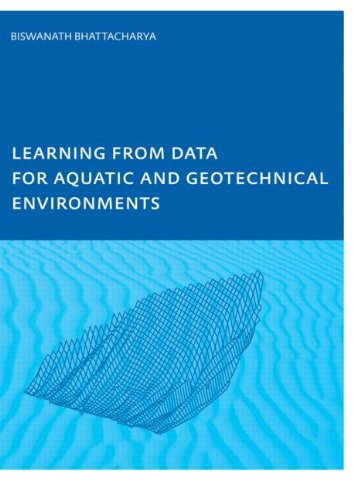

Most ebook files are in PDF format, so you can easily read them using various software such as Foxit Reader or directly on the Google Chrome browser.
Some ebook files are released by publishers in other formats such as .awz, .mobi, .epub, .fb2, etc. You may need to install specific software to read these formats on mobile/PC, such as Calibre.
Please read the tutorial at this link: https://ebookbell.com/faq
We offer FREE conversion to the popular formats you request; however, this may take some time. Therefore, right after payment, please email us, and we will try to provide the service as quickly as possible.
For some exceptional file formats or broken links (if any), please refrain from opening any disputes. Instead, email us first, and we will try to assist within a maximum of 6 hours.
EbookBell Team

4.3
48 reviewsThe book presents machine learning as an approach to building models that learn from data, and that can be used to complement the existing modelling practice in aquatic and geotechnical environments. It provides concepts of learning from data, and identifies segmentation (clustering), classification, regression and control as the learning tasks. A unified methodology based on the concepts of machine learning, information theory and statistics is presented that can be followed to build models using data as well as expert knowledge. Several machine learning methods are used to extract features to build data-driven models in geotechnics. A set of regression models are built to predict sediment transport rates and assess harbour sedimentation. Controllers that replicate the control strategy of model-based optimal controllers of water systems are built for situations where fast and accurate decisions are needed. The models built demonstrate excellent performance; they may complement or even replace the existing models and can be used in practice. The performance of the models proves the effectiveness of the methodology and machine learning in general.